Estimated reading time: 4 minutes
Governor Gretchen Whitmer’s ambitious multi-billion dollar initiative to attract electric vehicle (EV) manufacturing to Michigan has not met its job creation promises, as revealed by a thorough analysis from Bridge Michigan.
The Investment and Its Shortcomings
Whitmer’s administration has committed $2 billion to five major projects aimed at building EV battery factories and expanding EV production in the state. However, of the $1 billion already spent, only about 200 jobs have materialized, a stark contrast to the 12,000 jobs promised by Whitmer. This discrepancy highlights significant delays and scale reductions in these state-backed projects.
Major Beneficiaries and Project Delays
The companies benefiting from this substantial investment include industry giants like Ford, LG Energy Solution, Our Next Energy, General Motors, and Gotion, a subsidiary with notable ties to the Chinese Communist Party. Despite the hefty financial backing, all these projects are behind schedule and have scaled back their job creation estimates by 13%, according to Bridge Michigan.
State Economic Development Corporation’s Optimism
Despite these setbacks, the Michigan Economic Development Corporation (MEDC) remains optimistic. “While there has been some re-scoping, we are still talking about billions of dollars being injected into the state and thousands of jobs being created,” stated Otie McKinley, an MEDC spokesperson.
Specific Project Outcomes
General Motors has received $468 million of the pledged $600 million to build an EV battery factory and expand another plant. Yet, only 120 jobs have been created so far, falling significantly short of the projected 4,000 jobs. Both of these projects are still under construction.
LG Energy Solution’s planned facility remains in the early stages, having yet to receive significant upfront funding from the state. Our Next Energy, after receiving $78.3 million to establish a massive EV battery factory, has only hired about 50 workers and has recently laid off 25% of its staff.
Undisclosed Expenditures and Project Delays
Michigan has also
spent $70 million to purchase land for the Ford and Gotion projects without explicitly disclosing these payments, as reported by Bridge Michigan. Additionally, the state has extended loans worth $51 million and invested another $600 million on utility hookups and equipment for these projects. Ford’s facility, still under construction, is scheduled to begin production in 2026, though the scale of job creation has been reduced.
Future Prospects and Strategic Goals
The state’s support for these projects aims to secure Michigan’s position as a central player in America’s auto industry, especially during the transition to electric vehicles. This transition is being driven by stringent regulations from the Biden administration. State officials initially feared losing major manufacturing projects to right-to-work states like Kentucky and Tennessee, which prompted the aggressive subsidy efforts.
Challenges in Subsidy Recovery
Bridge Michigan’s analysis also points out that if these projects are never completed or are scaled down, the state may face difficulties recovering the subsidy funds. New rules governing the Strategic Outreach and Attraction Reserve (SOAR) fund, established by the legislature in 2022, allow companies to receive state subsidies after meeting certain milestones, such as securing private financing or acquiring machinery, rather than after job creation.
Green Energy Commitment
Governor Whitmer’s tenure has seen a strong focus on green energy initiatives. In November 2023, she signed the Clean Energy and Jobs Act, committing Michigan to 100% green energy generation by 2040. This legislation also empowers the state’s utility regulator to override local governments in siting green energy infrastructure.
Conclusion
While the intention behind Michigan’s massive financial commitment to EV manufacturing is to ensure the state’s economic future and its position in the auto industry, the current outcomes have fallen short of expectations. With only a fraction of the promised jobs created and significant project delays, the effectiveness of these subsidies remains in question. As Michigan navigates these challenges, the balance between ambitious green energy goals and practical job creation remains a critical focus for state leaders.
Governor Whitmer’s office, MEDC, General Motors, Gotion, Our Next Energy, and LG Energy Solution did not immediately respond to requests for comment.



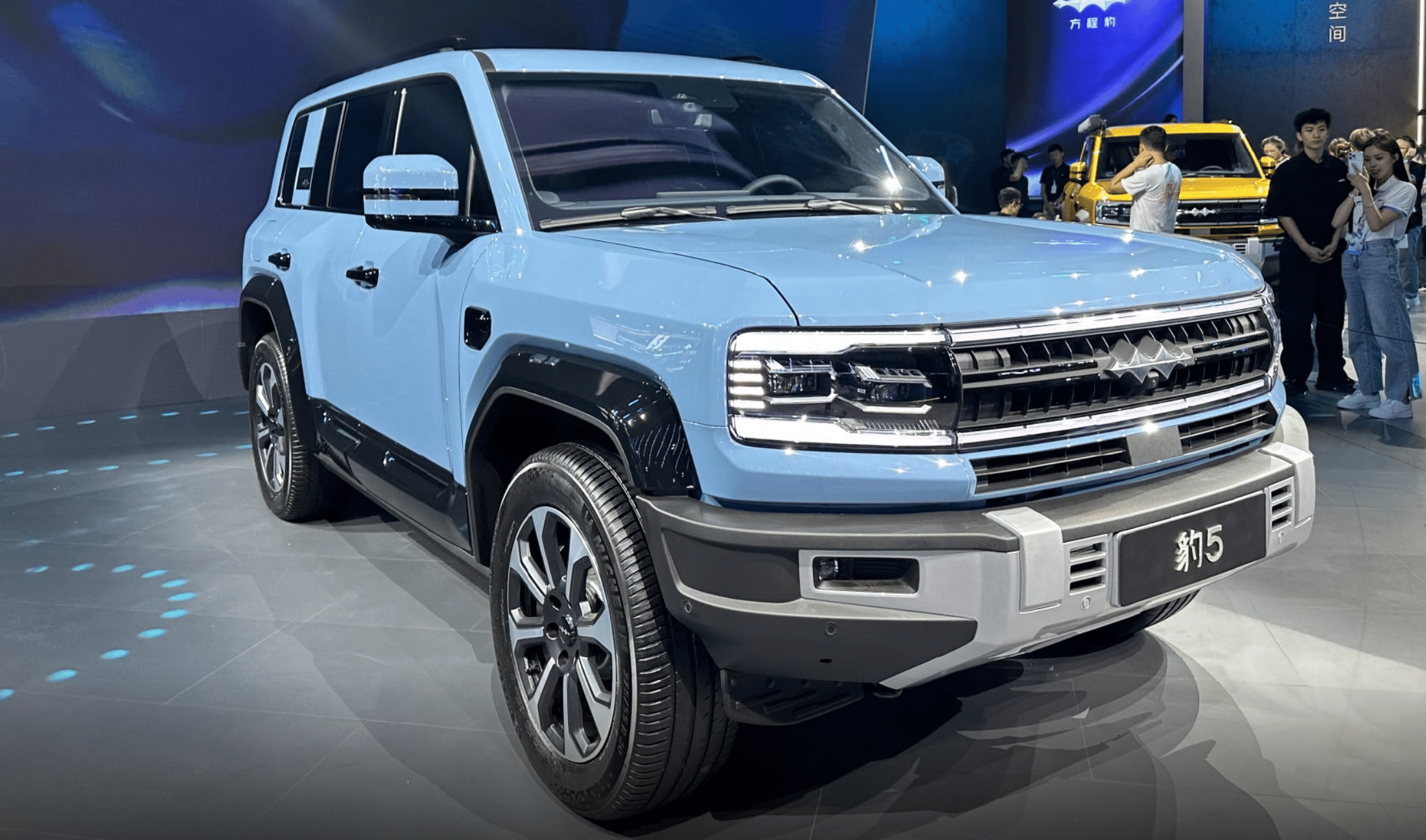
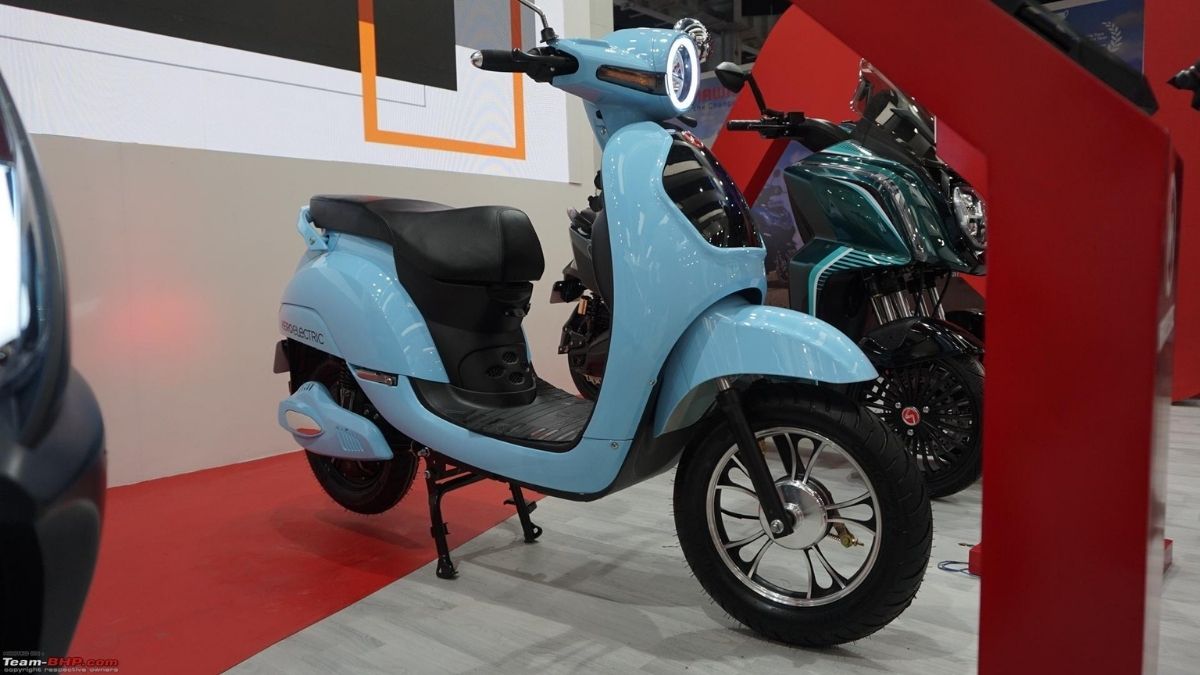
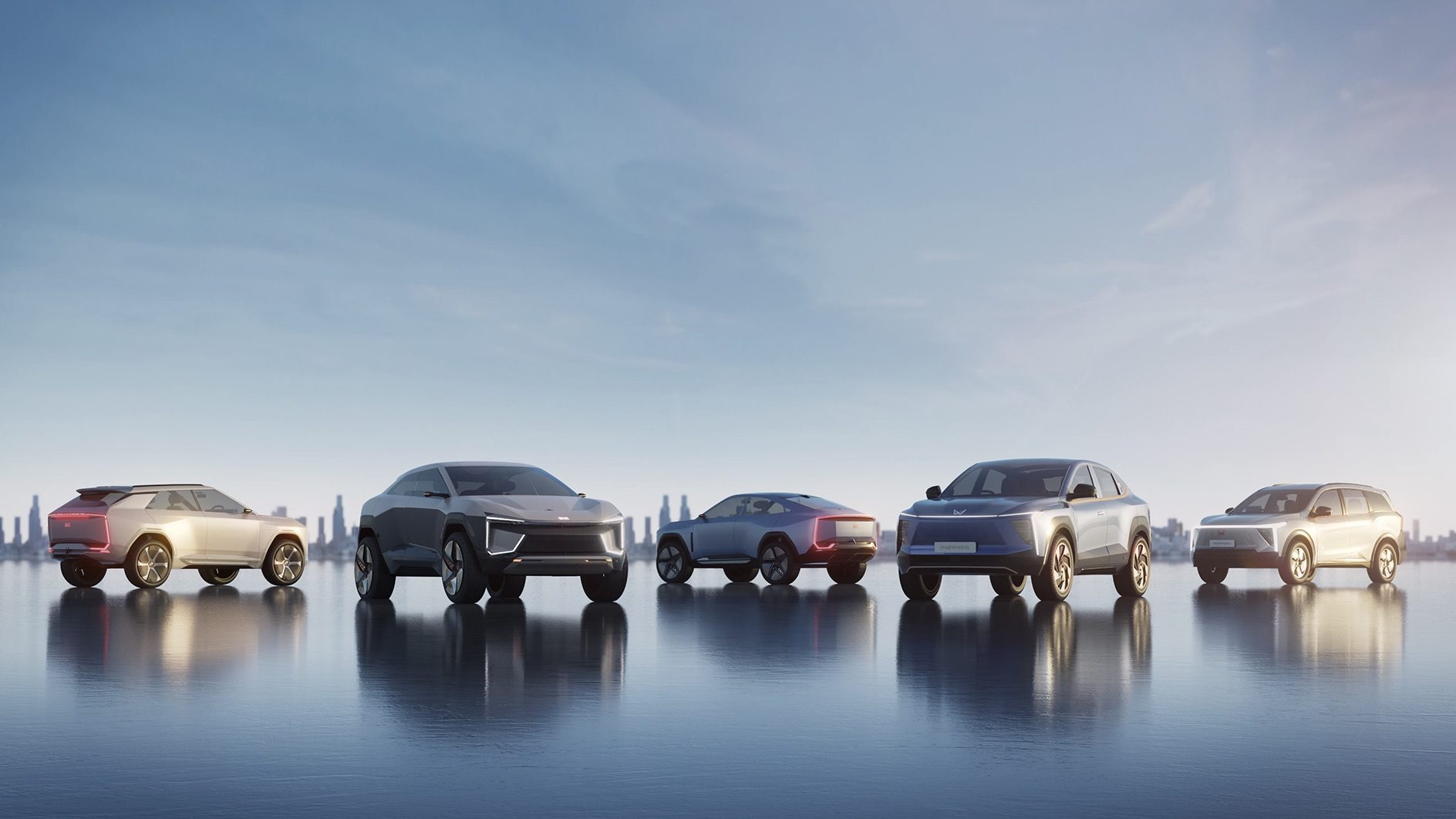
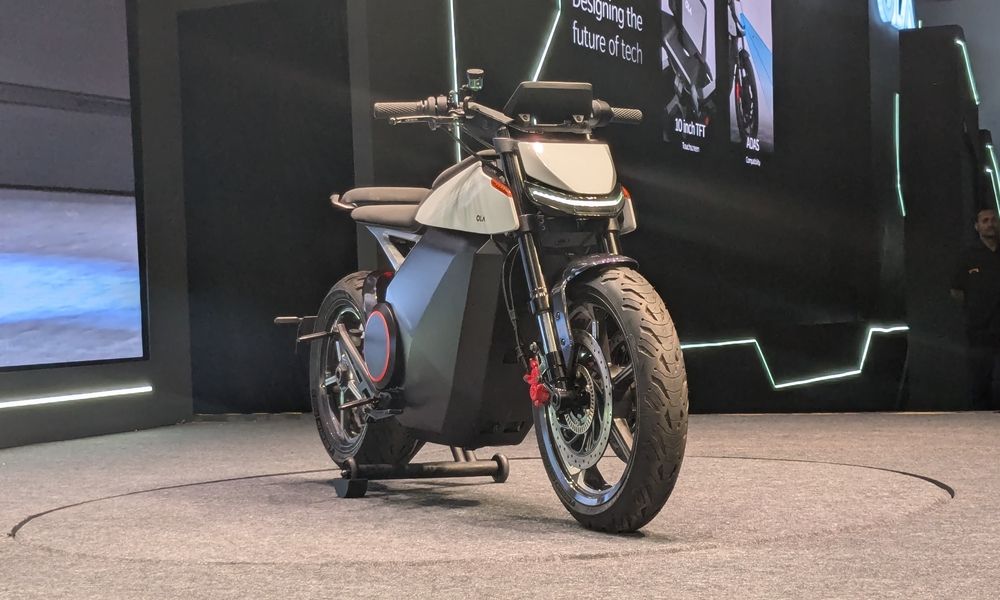







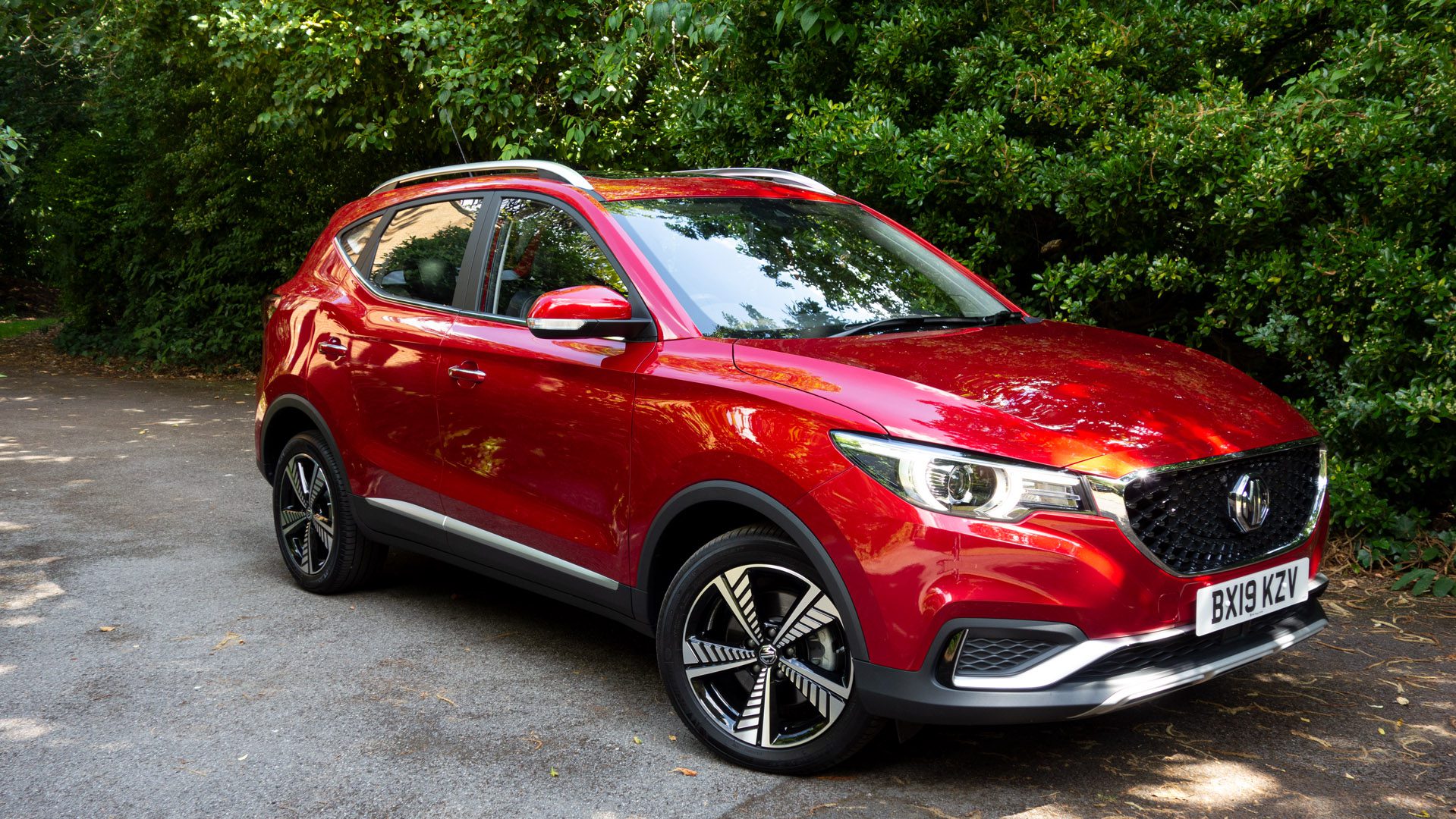





Leave feedback about this